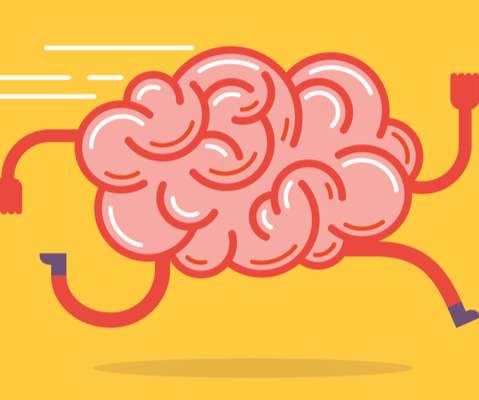How the 8 Effects of Arts Education Are Changing Online Pedagogy, Part 4
Kadenze
APRIL 29, 2019
From ‘learning to improve your kissing technique’ to ‘learning to train your brain to be smarter’, as though all learning involves the architecture of human cognition in the same ways. Offline, deliberate practice exercises are filmed, then shared online and used for critique by individuals and groups.



















Let's personalize your content